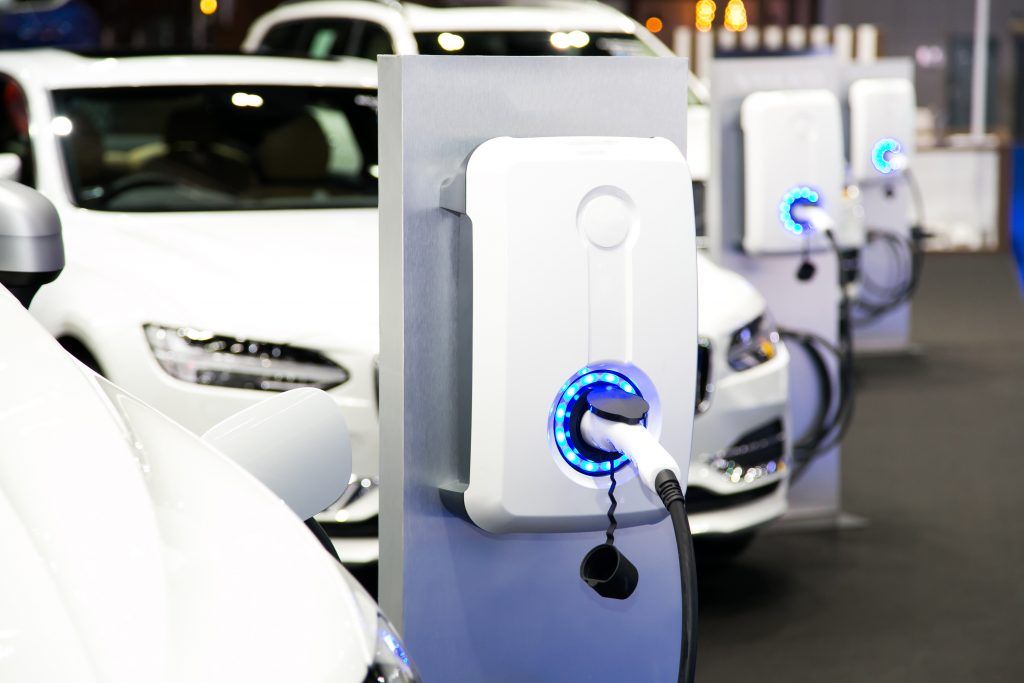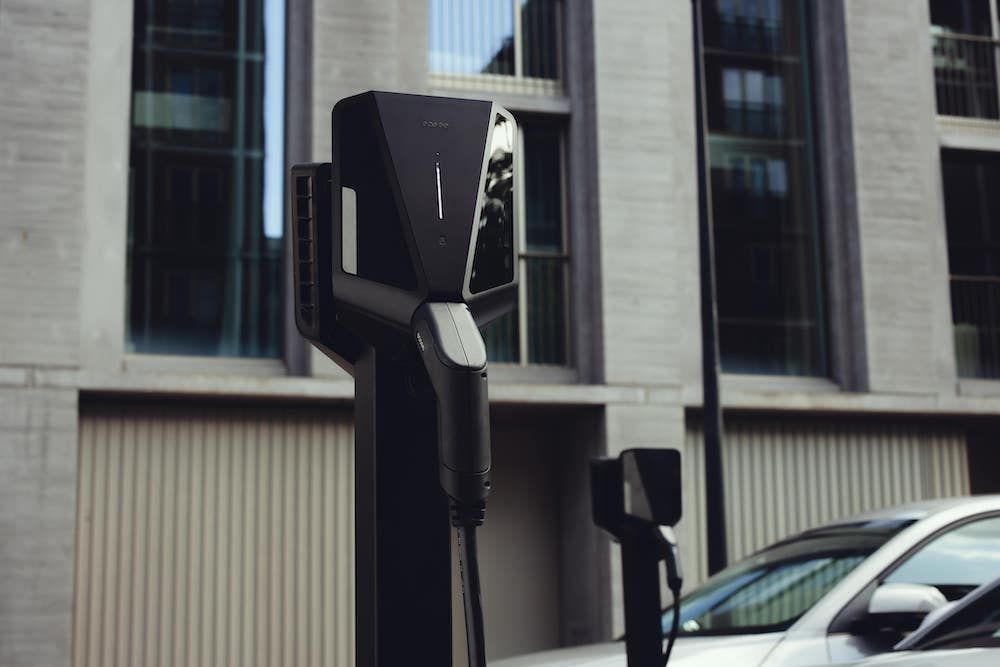The transport and energy sectors have welcomed the announcement that all new homes, and buildings such as workplaces and supermarkets, will be required to install electric vehicle charge points.
According to the Government, up to 145,000 extra charge points will be installed across England each year following the implementation of these regulations in the run up to 2030 when the sale of new petrol and diesel cars will end in the UK.
As well as new homes and non-residential buildings, those undergoing large scale renovations which leaves them with over 10 parking spaces will be required to install electric vehicle charge points.
Gill Nowell, Head of EV, LV= General Insurance and ElectriX, said: “Customers sit at the heart of the drive towards electric car uptake. We welcome the Government’s pledge to ensure that all new homes, supermarkets and workplaces must have charging provision. We must ensure that the chargers are designed and installed with all drivers in mind, that all drivers feel safe whilst charging their car, and that they work, are easy to use, and are fit for purpose – it’s no good having a really slow rate of charger installed in a supermarket where someone is only stopping for half an hour, for example. We’re at a pivotal moment in electric car history. Let’s get it right from this moment forward, and bring everyone along with us on the road to getting an electric car.”
Ross Easton, Director of External Affairs at Energy Networks Association, said: “This is great news for those living in new homes, but we must make sure access to charging points is not exclusive – charging points must be accessible to everyone. To truly ‘level up’ charging point access and deliver on the COP26 electric vehicle pledges requires strategic planning at all levels of government, nationally and locally.”
Nigel Pocklington, CEO of Good Energy, said: “This is good news: making it simpler and easier to charge and pay is the big challenge in the electric vehicle transition. It is vital we move at pace to ensure EVs can play a central role in enabling a fully flexible, decentralised system.”
Patrick Reich, co-founder of Bonnet comments: “New laws to make sure all homes in England have electric car chargers shows a real commitment by the government to make sure the country will be ready for the 2030 petrol and diesel vehicle ban.
“While this announcement to accelerate the roll out of private chargepoints is good, it will only go so far. Around 40 per cent of UK households don’t have a private driveway so rely on public chargepoints to be able to charge and drive. Improving the accessibility and availability of public charging provision – in urban areas particularly – is a priority if EVs are to become genuinely accessible, and the government’s call for simpler payments is one we absolutely back.
“The strategic placement of chargepoints at popular locations such as supermarkets and workplaces will help improve reduce charging anxiety – which we identify as a key barrier, not ‘range anxiety’. Government and business need to collaborate and invest in improved infrastructure and technology to make sure consumers feel as comfortable as possible when making the switch.”
Peter Emery, CEO of Electricity North West, said: “We welcome the Government’s decision to fit all new homes and buildings with electric vehicle charging points from 2022.
“Our forecasts show that in the next decade there will be a million electric vehicles on the North West’s roads, compared to just 12,000 today. We’re leading the way to Net Zero by investing more than £1.6bn in the region’s power network to meet that increasing electricity demand and enable people to make the switch.
“The recent COP26 event shone a spotlight on the scale of the challenge ahead and the impact on all communities. From a North West perspective, our network is in good shape to enable people to move away from fossil fuels to low carbon electricity for transport and heating.”
Energy UK’s Chief Executive, Emma Pinchbeck said: “We welcome today’s announcement as something we have long called for. It’s clearly the right move to ensure that new homes and offices are fit for our low carbon future, which includes the installation of electric vehicle chargepoints at the time of construction rather than afterwards. So it’s of equal importance that new builds should also be required to meet high standards of energy efficiency as soon as possible – rather than by 2025 as is currently proposed.”
Jacob Roberts, Transport Policy Manager at the Association for Renewable Energy and Clean Technology (REA), said:
“Making sure as many people as possible are able to charge at home is key to ensuring that the full cost-saving benefits of EVs are spread fairly across society. Installing EV chargers during building construction is cheaper and less disruptive than retrofitting them later, particularly for shared and communal car parks. This approach will also go a long way to ensuring that grid connections are futureproofed to accommodate the recharging requirements of tomorrow’s EV users.
“However, this is only the tip of the iceberg, and our focus now needs to turn to the existing housing stock, particularly for blocks of flats, rental properties and leasehold properties, where higher costs and complex approval processes need to be overcome.
“We must also continue to develop a network of cost-effective and convenient public charging infrastructure for those living in properties without off-street parking. The REA are aiding the Government as they develop new grant supports targeted at installing EV chargers in such settings.
“Lastly, increasing the accessibility of charge points will be immaterial if we cannot improve the affordability of electric vehicles too. The REA have long argued for ZEV mandates in the UK and hope that the Government will bring forward these regulations as soon as possible.”
Image: Shutterstock














